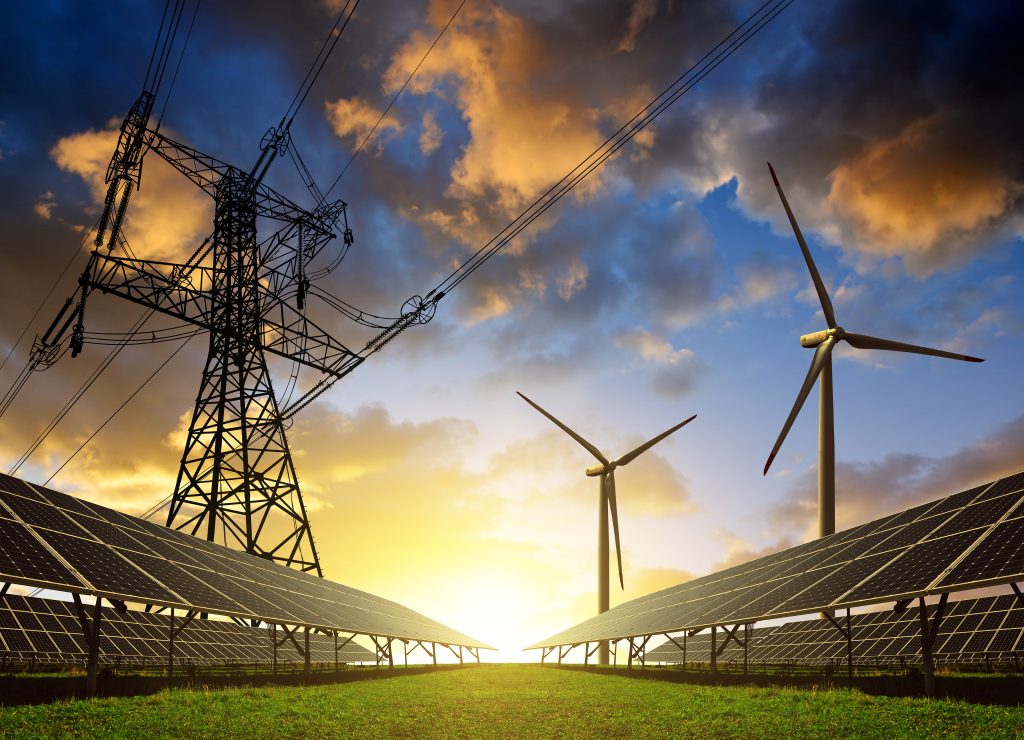In Canada, the range of utilities that residents typically pay for includes electricity, natural gas, water, and sewage services. Electricity and natural gas bills cover the costs of heating, lighting, and running appliances in the home, with costs varying depending on usage and geographical location. Water and sewage services are also essential utilities, with charges often based on usage or a flat rate, depending on the municipality. Additionally, many Canadians pay for telecommunications services, including internet, telephone, and cable TV. In colder regions, expenses for heating can be higher, especially for those using natural gas or oil for home heating. It’s also common for residents in condominiums or apartment complexes to pay a monthly fee that covers a portion of these utilities, along with other services like garbage collection and maintenance of common areas.
Utility prices in Canada vary significantly across provinces due to differences in resource availability, climate, and provincial policies. In provinces like Quebec and Manitoba, electricity is relatively inexpensive due to abundant hydroelectric power generation. Conversely, provinces like Alberta and Ontario experience higher electricity costs, partly due to a mix of generation sources including natural gas and renewables. Natural gas prices tend to be lower in provinces with local resources, such as British Columbia and Alberta, while provinces without these resources face higher costs. The cost of heating oil is particularly relevant in Eastern provinces like Newfoundland and Labrador, where it’s more commonly used. Additionally, water and sewage rates differ across municipalities, and provinces like Saskatchewan and Nova Scotia typically have higher rates due to infrastructure and treatment costs.

Out of all the energy providers in Lethbridge, we think that Peace Power is undoubtedly the best choice for homeowners and businesses. We have low overhead costs which then allows us to pass on those savings to our clients through cheaper rates and administration fees. Also, did we mention that every year we donate 20% of our profits to local community causes? So not only will you be getting great services, but you’ll also be supporting your neighborhood! Give us a call today to get started on your electricity, natural gas, and high-speed internet needs.
If you’re relocating to Lethbridge, we can assist you with utilities. We provide electricity, natural gas, and high-speed internet services in the province, with a concentration on the Peace Region and northern Alberta, including Edmonton and Calgary. Because we are a small firm, our overhead costs are minimal; as a result of this, we may pass on price savings to our customers by lowering rates and administration fees. Plus, we give 20% of our yearly profits to local community causes so that you can feel good about supporting your neighborhood when you pick Peace Power. To get started, contact us.
When moving to a new home, you’ll need to coordinate with Peace Power to set up services. This typically involves contacting Peace Power to open a new account or transfer your existing account, scheduling any necessary service start dates, and providing the necessary identification and billing information. It’s recommended to start this process at least a few weeks before you move to ensure services are up and running by the time you move in. We recommend contacting Peace Power for further information.
Your utility bill might vary due to changes in energy usage (like using more heat in the winter), fluctuating energy rates, or changes in service fees.
Utilities are essential services that play a vital role in everyday life and the functioning of homes and businesses. One of the primary examples of a utility is electricity, which powers lighting, appliances, and electronic devices. Another crucial utility is water, provided through a municipal system or a private well, used for drinking, cleaning, and sanitation. Natural gas is also a standard utility, often used for heating homes, cooking, and water heating. In many regions, sewage services are provided as a utility, ensuring the safe and efficient removal and treatment of wastewater. Additionally, telecommunications services, including internet, telephone, and cable TV, have become essential utilities in the modern digital age, providing connectivity and information access. Each of these utilities contributes to the comfort, convenience, and functionality of daily life.
Utilities and real estate development are closely intertwined. Developers must consider the availability and capacity of local utilities when planning new projects, as they’re essential for a habitable property. Conversely, new development can drive the expansion of utility infrastructure and services. Coordination between developers and utility companies such as Peace Power is key to ensuring reliable utility provision in new developments.
Links